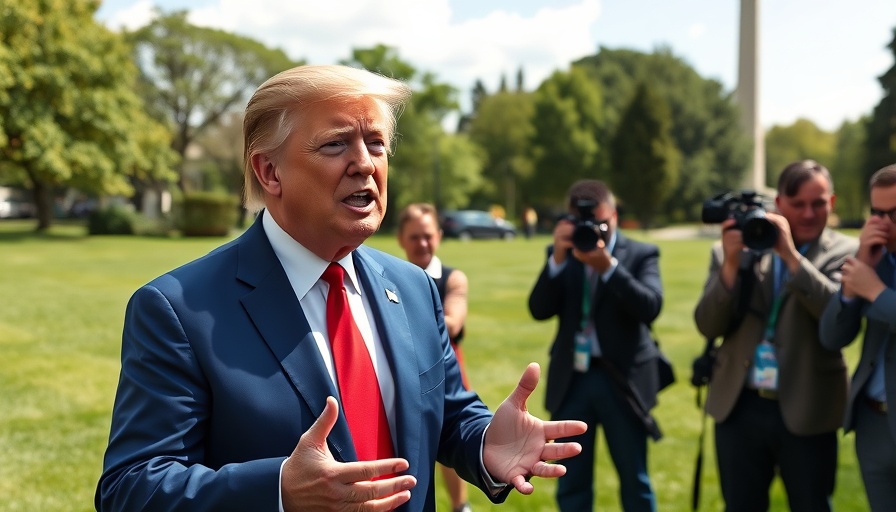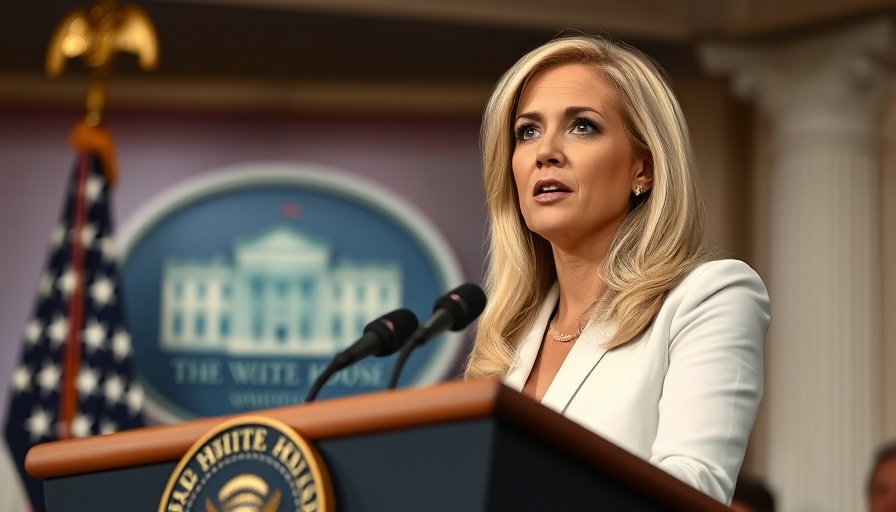
Trump Administration's Changing Landscape: Musk's Exit
In a noteworthy development, President Donald Trump informed his Cabinet that Tesla CEO Elon Musk is set to leave his role as a special government employee by the end of May 2025. This news comes as Musk completes his designated 130-day work period under a special employment designation. Musk, a significant supporter of Trump's campaign, has been deeply involved with the Department of Government Expenditures (DOGE), aiming to reduce federal government spending and workforce.
Musk's Influence in the Trump Administration
Elon Musk has made headlines for his unorthodox approach to governmental roles, striving to streamline operations and invigorate economic efficiency through DOGE. Although he faced criticism for this initiative, Musk garnered attention for his unparalleled financial backing of Trump's 2024 campaign. His involvement created a unique blend of business acumen and political strategy within the administration.
The Public Reactions to Musk's Departure
The announcement of Musk's impending exit has sparked a vibrant discussion across various media platforms. Shares of Tesla saw an uptick following reports of his potential departure, suggesting investor confidence remains unshaken, indicating a belief in Musk’s ongoing business capabilities beyond his governmental role. Despite official denials from the White House, such as press secretary Karoline Leavitt labeling reports about Musk's exit as "garbage," both Musk and Trump have hinted at his departure being a strategic choice aligned with his business commitments.
Implications for Taxpayers and Business Owners
Musk's initiatives within DOGE have often revolved around cutting federal spending, directly impacting taxpayers and small to medium business owners. This may lead to reflections on how strategic decision-making at the federal level affects individual finances and tax planning. Understanding this context could be pivotal for taxpayers, especially as future decisions may open avenues for savvy strategic tax deductions.
What This Means for Future Policies and Tax Planning
As stakeholders, including taxpayers, assess the implications of Musk's exit and the administration's ongoing economic strategies, they should keep informed about potential shifts in policy. This could mean adjustments in tax regulations and deductions. Being proactive in understanding these changes may illuminate pathways to lower tax burdens. Consider consulting with a tax professional to ensure you're maximizing available deductions and effectively planning for the future.
 Add Row
Add Row  Add
Add 




Write A Comment